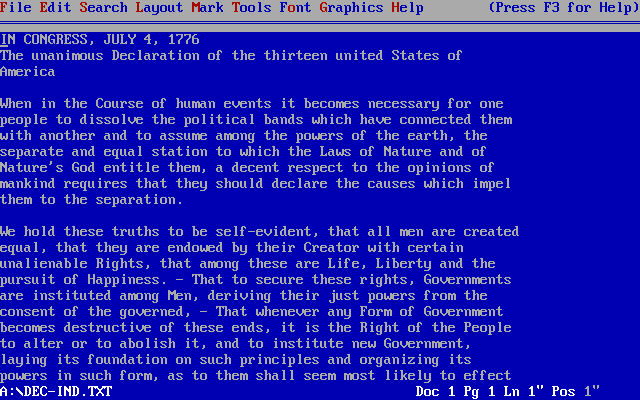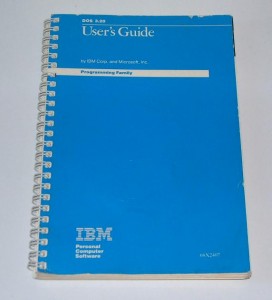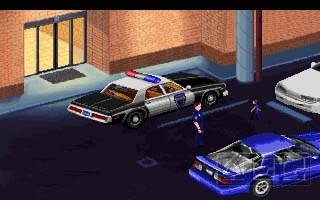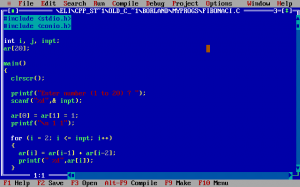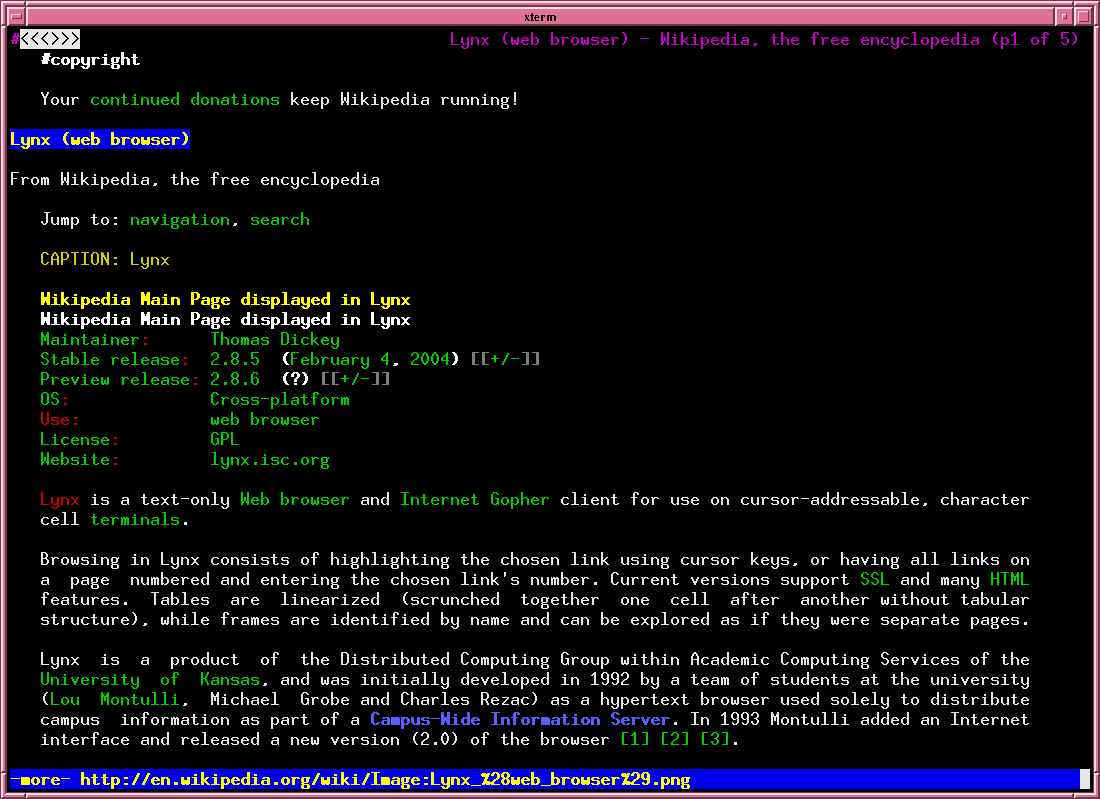Trigger warning: This post references emotional and physical abuse.
It’s the back-to-school time of year, which always seems to arrive excessively early. Living in the colder Pacific Northwest, summer feels like it’s only getting started by mid-July when big box stores signal the return of fall by with campaigns selling backpacks, pens, notebooks, shower caddys, extra-long twin sheet sets, and all the other ephemera required of returning to school. And as we march towards the September, it’s impossible to escape stories in the news about the profound and emotional act of leaving one’s child at university for the first time.
I find myself stuck in the middle of these two audiences. Sherri and I don’t have children together of any age, so we aren’t buying school supplies for a return to the classroom, and we aren’t escorting any nearly-grown children at college. Reminders of this fact often make me sad, even if for brief moments until I am distracted by the many duties of everyday life. While I hope we will find a way to bring meaning and guidance to a child’s life, I don’t know for certain that we will have any back-to-school experiences beyond our own.
Stories about leaving for college can trigger a melancholy nostalgia for another reason: they remind me of the violent and abrupt way I left home many years ago.
I applied to three universities and was accepted to two: UC Davis and UC Berkeley. I was proud to have been accepted at UC Berkeley and it probably would have been my first choice. But like most decisions for which my father was gatekeeper, Davis was really the only viable selection. They offered me a full Regents Scholarship, which offset numerous parental threats around not supporting me financially, and the campus was located close enough to home that my father felt comfortable sending me there. The plan might even have been for me to commute to Davis until I won the scholarship and was accepted into the residential Integrated Studies program. In any case, during the summer of 1997 I was working at Radio Shack full time. With wages from that job, I did college back to school shopping on my own.
That last summer at home I led a largely invisible existence, punctuated by blinding visibility on the radar of my father’s temper. These flashes happened with increasing frequency as the date of my departure from the household grew nearer. Was my father responding to an increasing display of independence from me, or was he responding to the inevitable loss of control? Earlier in the summer we had a huge argument about the use of the new family computer. The details of the fight aren’t important, but the results were devastating to me. My punishment was handed down not in person, but in writing. Somewhere among my things, I still have the hand-written noted my father taped to the kitchen cabinets outlining my loss of privileges, which included a prohibition against using my car until I repaid my half of its purchase cost, and a resolute recension of any support for college. The note said something about “good luck keeping your job without a way to get there” and ended with “good luck asshole.”
I took the note down and walked back to my room. My mind seared with anger and desperation. I resolved to leave home right then. I packed a bag and climbed out my kitchen window.
A well-throughout plan I did not have. Rather, I had as good as a plan as 17-year old who feels like escaping home is a life-or-death matter. I walked the half-mile or so to the local grocery store where I used a pay phone to call a cab. The driver looked at me strangely, but obliged my request and dropped me off at a cheap motel near Sacramento State University. This area I was familiar with because I took classes at the university. I thought somehow the motel’s proximity to the university would make it less strange that I was trying to check in to a motel with a university ID and credit card, which I had hoped would be sufficient. But the motel clerk insisted on seeing my driver’s license and when he saw I was under age, he refused to let me register. I walked across the street to the Denny’s, feeling dejected and having no idea where else to go.
And that’s when things got strange.
Right away I recognized one of other patrons, a man seated with two other women. He had been a recent customer of mine from Radio Shack, and although I’m unsure of his actual name, I always think of him as Aaron. I recognized him because sometime during the prior weeks he bought expensive speakers from me which helped me earn my commission for the day. Aaron was in his early twenties and I looked up to him in the way that adolescents look up to those who are only a few years older than them, but seemingly light-years away in independence and all the things that come with it.
Instantly I felt embarrassed and hoped he didn’t recognize me. But he did and he came over to my table. He invited me to come sit with them, I did and it eventually revealed that I was trying to leave home, not giving many details other than that my mind was made to follow my course. They listened to me, empathizing and not once condescending to me, which was a kindness I so rarely received. What Aaron said to me next has stayed with me all these years: “I don’t know anything about your situation, I’m not judging that. What I do know is that what you’re trying to do is very hard. If there’s anyway you can stick it out just a little bit longer until you go to college, I think things will be better for you. We’re staying at the motel across the street, and I’ll get you a room there so you have a place to sleep tonight and some time to think it over.” I probably knew he was right about having to go back home, but wasn’t quite ready to acquiesce. I was ready to have a room for the night, though. We finished our meals and then drove across the street to the other hotel in Aaron’s tiny sports car.
And that’s when things got even more strange.
There is a police cruiser in the parking lot of the motel. This fact puts Aaron on high alert, and rather than parking as expected, he hops out of the car and ducks into the manager’s office. He emerges moments later, gets back in to the car and puts it in into gear. “The cops are here trying to serve a warrant on me,” he says. “We have to go.”
And so we do, heading westbound on highway 50 toward downtown Sacramento. At this point the feeling of having an out of body experience, watching myself in a film, that started when I climbed out my bedroom window is now complete. I am stuck in the back seat of a tiny sports car with a near-complete stranger, apparently wanted by the policy, driving and I have no idea where we are going.
We exit and race through empty downtown streets. I don’t know where we are since I haven’t driven downtown very much. Suddenly we pull in to the Vagabond Inn and Aaron hops out and walks to the manager’s office. Shortly he returns with a key and hands it to me. “Checkout is at noon. Good luck,” he says. Dumbfounded, I realize he’s kept his word. I wave goodbye to Aaron and his companions. They speed off to somewhere I never know, and I go to my room for the night.
The next morning I call a friend of mine to give me a ride home. It must have been a Sunday, because traffic was light and my mother was at home, in the kitchen when I walked through the door. I could tell my invisible state had been restored because no one noticed I’d been gone. I would have thought walking through the door first thing in the morning with a backpack and wearing the previous’ days clothes would have been a sure tell. Now I know that people have an uncanny ability to see, or not see, exactly what they want or need to at any given time.
After that weekend’s adventure, I recalled Aaron’s advice like a mantra. Keep your head down. Just get by for another two months until school starts. I worked every Radio Shack shift diligently, welcoming my escape from home even though it meant biking miles in the heat. I stayed in my room when I was at home, watching movies, reading, and playing Nethack and Civilization.
This strategy was working, and as mid-August arrived, so had relative calm in our house. I began gently reminding my father about the car, and when we could negotiate the terms of its release to me. Rather than providing a concrete answer, he said now wasn’t a good time to discuss, and we’d go over it later that evening or tomorrow. I grew tired of these rebuffs and one evening, as he sprawled on the couch watching TV, I pushed him further. “No, we need to talk about this now,” I said. “You aren’t busy right now and this is important.”
What happened after that occurred in an instant and in slow motion all at once. Something about what I said provoke his temper and he charged at me, red-faced from the couch. Was he going to slap me, or just man-handle me back to my room as so often was his preference?
I had became adept in my teenage years at simply outrunning or out maneuvering my father when he tried to strike or otherwise physically control me. If my path to the front door were clear, I would go outside. This was the best option by far, since the front yard not only provided freedom of movement and fewer obstacles, but also a potential audience. A person is generally less comfortable smacking their kids around when an audience is present. If my path to the outside wasn’t clear, I would just try to make him tired before he was able to make contact with me. Sometimes ensuring that I retreated to my room was enough to get him to stop.
This time, however, I didn’t move or so much as flinch. Instead, I locked eyes with him and the split second before he was going to make contact with me, I said, “You touch me again, you are going to jail.”
To this day, I can’t explain what made this change in our power dynamic possible, I only know that a profound change came over me an empowered me to do what I did. Ever seen the last season of Buffy, when all the slayers are activated? It was like that.
He stopped. His posture changed. Surprise registered in his eyes. I was leading in this dance now and he knew it. Then came the rage. “Get out, now. You have 15 minutes,” he commanded, pointing down the hall not towards any outside door but in a gesture that clearly meant you are not welcomed here any longer.
And so I left.
First I called a friend and was able to utter, “I need you to come get me right now,” to which he responded, “I am on my way. Meet you out front. Bring only what you need for tonight.” before my father cut the phone line. My friend arrived within a half hour and I never lived with my father again.
As so began one of the most surreal times of my life, the month between my last day living at home and my first day of college. Parts of it I recall with visceral detail. Others are a blur. I continued to work my shifts at Radio Shack, but in many other ways I shut down. The friend who picked me up the night I left home asked our friends to ask their parents if I could stay with them. One family said yes, and to this day I feel immense gratitude for their generosity. They gave me what I needed most at the time, at some risk to themselves (since I was a minor), and asked nothing in return.
When it was time to leave my temporary family, a friend of a friend helped me begin my life at UC Davis. He had a large white pickup, into which we packed my things and then drove the 15 or so miles to campus. I recall the conversation between us during that time being awkward and tense, although I couldn’t tell you exactly what we talked about. When we arrived at B Building, my assigned dorm on campus, we unloaded and then my helper departed. There were no words of advice, no teary-eyed embraces, no last-minute gifts of pocket money. I was alone.
If the strangeness of my situation crossed my mind, I ignored it. I had an extra-long twin bed to make, a room to settle into, and classes started in a few days.
For a long while after leaving home and even graduating college, I couldn’t pass through this time of year without feeling profound anxiety, and then sadness. Much of that has faded now, as most scars do. I remain grateful that I survived such a difficult transition and for the people who helped me through it. When I see 17 and 18 year-olds now, heading off to college for the first time, I think how impossibly young they seem and realize just how young I was when all of that happened.
There is nothing we can do to change our past, and yet if we aren’t vigilant we find ourselves trying to do just that. Healing must take the past into account, but can only be performed in the present. When I think of the 17 year-old me, I comfort her and I let her know she’s going to be okay. And then I bring my attention to the present and look forward to the future.



